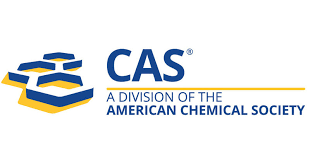LEVEL OF C REACTIVE PROTEIN IN PROGNOSIS OF UNSTABLE ANGINA AND NON ST ELEVATION IN MYOCARDIAL INFARCTION
Keywords:
C-Reactive Protein (CRP), Unstable Angina, NSTEMIAbstract
Introduction: Acute coronary syndrome (ACS) is defined as a sudden and rapid
compromise of coronary blood flow usually because of rupture of an atherosclerotic
lesion and subsequent thrombus formation in the coronary artery. It includes ST
Elevated MI, UNSTABLE ANGINE and NON-ST Elevation MI.
C Reactive Protin is an acute phase protein produced mainly by the liver in response
to intereukin 6, is a marker of inflammatory processes that contribute importantly to
atherogenesis, plaque disruption and thrombosis.
Aims And Objectives
1) To find out the number of the patients with acute coronary syndrome
(unstable angina and non ST elevation MI) that have raised C-reactive protein.
2) Whether there is any correlation between the severity of acute coronary
syndrome and the quantitative and qualitative estimation of C-reactive protein.
3) To assess whether level of C-reactive protein bears a positive correlation
with the level of cardiac enzymes.
4) To assess whether the C-reactive protein could be considered as one of the
factors for risk stratification of acute coronary syndrome
Materials and Method: 60 patients of acute coronary syndrome (unstable angina and
non-ST elevation MI) admitted in Intensive Coronary Care Unit (ICCU) of Katihar
Medical College & Hospital along with 30 age and sex matched healthy person as
control were formed the material of the study.
Type of Study: Descriptive Study
Inclusion Criteria
1) Adult patients of both sexes
2) Informed and a written consent
3) The patient may be either a known case of ischaemic heart disease or the
present attack of unstable angina may be the first manifestation of the disease.
Exclusion Criteria
1) ST –Elevated Myocardial infarction
2) Any infective or inflammatory and neoplastic condition that is known to be
associated with an acute phase response thereby causing a rise in (CRP) C-reactive
protein.
.png)









